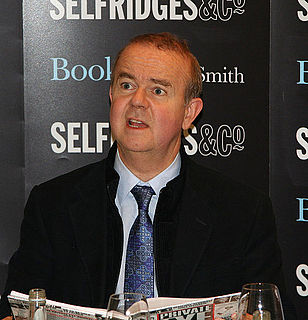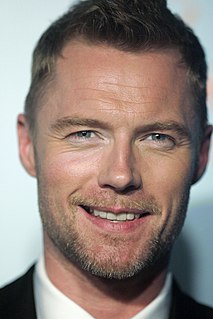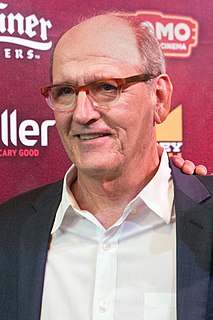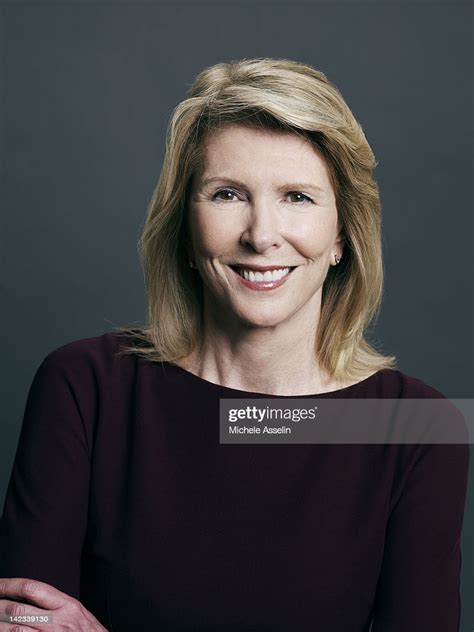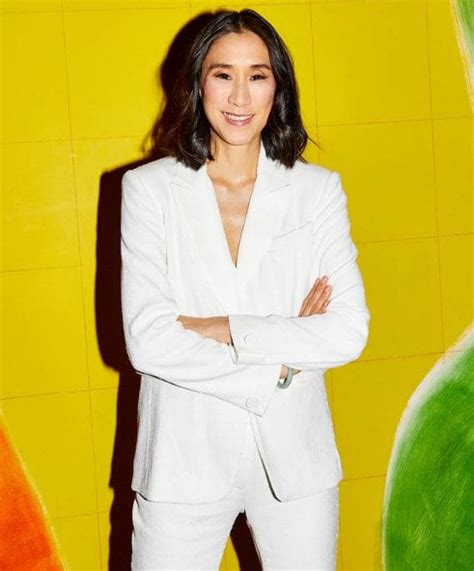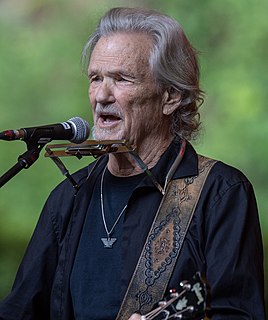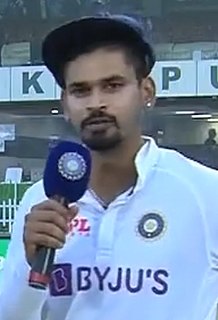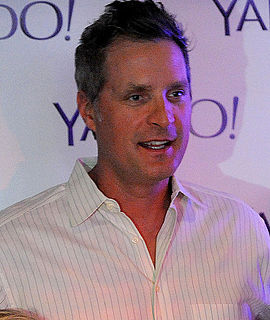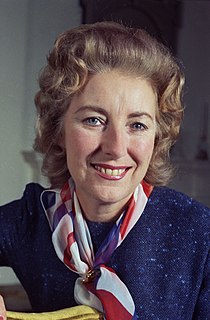A Quote by Sushant Singh Rajput
I was the youngest child and the only son. I was expected to shine in academics. It seemed like too big a risk to take up cricket as a career. I thought I had to live up to my family's expectations. So I chose to be an engineer.
Related Quotes
I'm the youngest, too. When you're the youngest of a big family, people are like, "You're the baby, you're spoiled!" The fact of the matter is, when you're the youngest of a big family, by the time you're a teenager, your parents are insane. You're like, "Hey, I'm going roller-skating-" "You're not going roller-skating or you'll end up pregnant like your sister. Why don't you smoke pot and become a lawyer?"
She felt detached from her family, and thought it strange how they had lavished so much attention on her, as a child, and then at some appointed, prearranged time they seemed to stop the flow of affection and being the expectations - as if, for a brief phrase, you were expected to absorb love (and get enough), and then, for a much longer and more serious phase, you were expected to fulfill certain obligations.
I think oldest children have a different mentality or know that there were different expectations of them, and I was not only the oldest child - I was the oldest grandchild of 18 grandchildren. I definitely grew up feeling like there were a lot of people who expected me to do something. But it was a very conservative family, very conservative neighborhood. I'm talking mid- to late '60s when I was growing up there, and so if I had stayed in the Boston area, I think my life would have been radically different.
My mother thought my inclinations would do well in Law, but I was too shy and deliberative - slowfooted - for that, so I determined to be an English and German high school teacher. In my first year of university I had one subject to "fill in" and chose philosophy against the advice of my counselor. My university teachers in English and German were totally uninspiring; philosophy was wonderful and my results showed it. I chose it and basically backed into a situation in which only a philosophy career seemed a viable option. I've never regretted it, but there was a lot of serendipity.
But something magical happened to me when I went to Reardan. Overnight I became a good player. I suppose it had something to do with confidence. I mean, I'd always been the lowest Indian on the reservation totem pole - I wasn't expected to be good so I wasn't. But in Reardan, my coach and the other players wanted me to be good. They needed me to be good. They expected me to be good. And so I became good. I wanted to live up to the expectations. I guess that's what it comes down to. The power of expectations. And as they expected more of me, I expected more of myself, and it just grew and grew.



